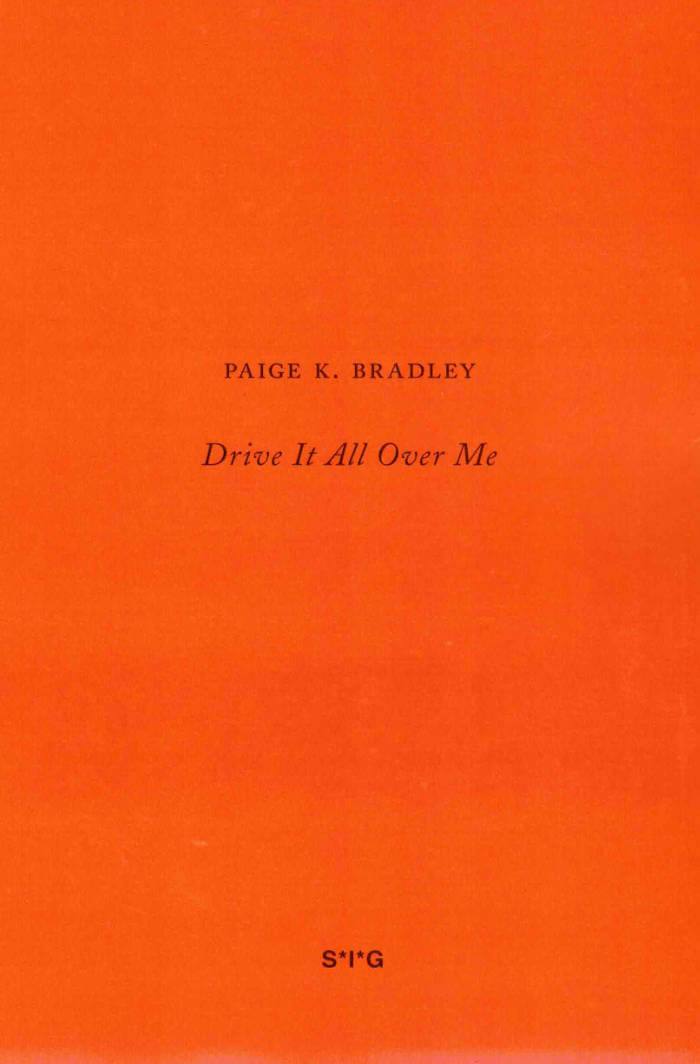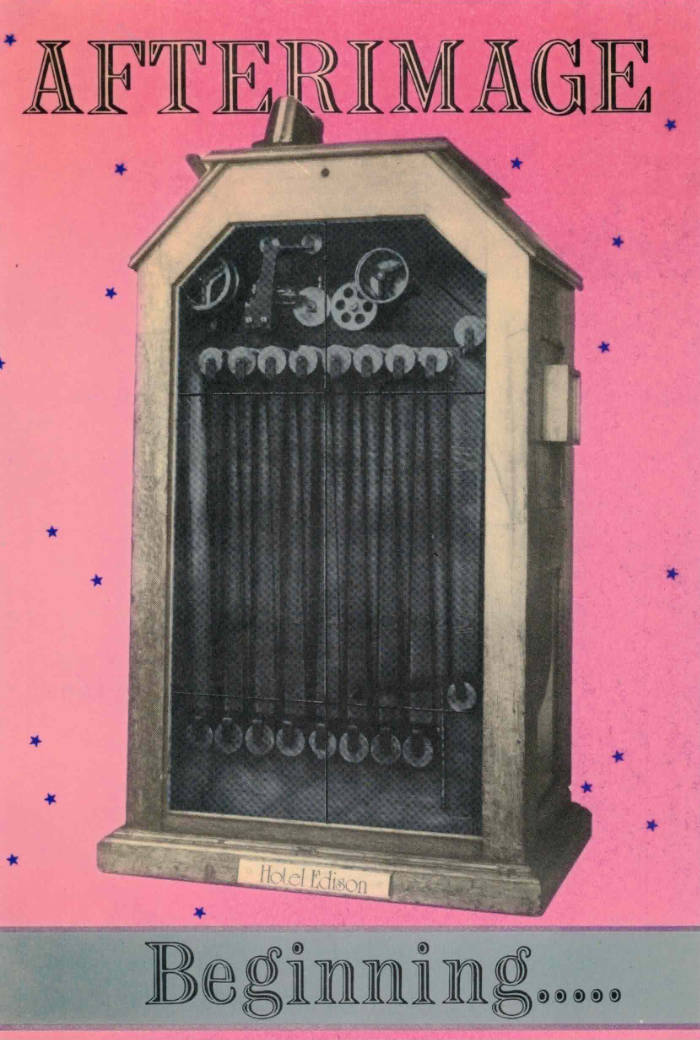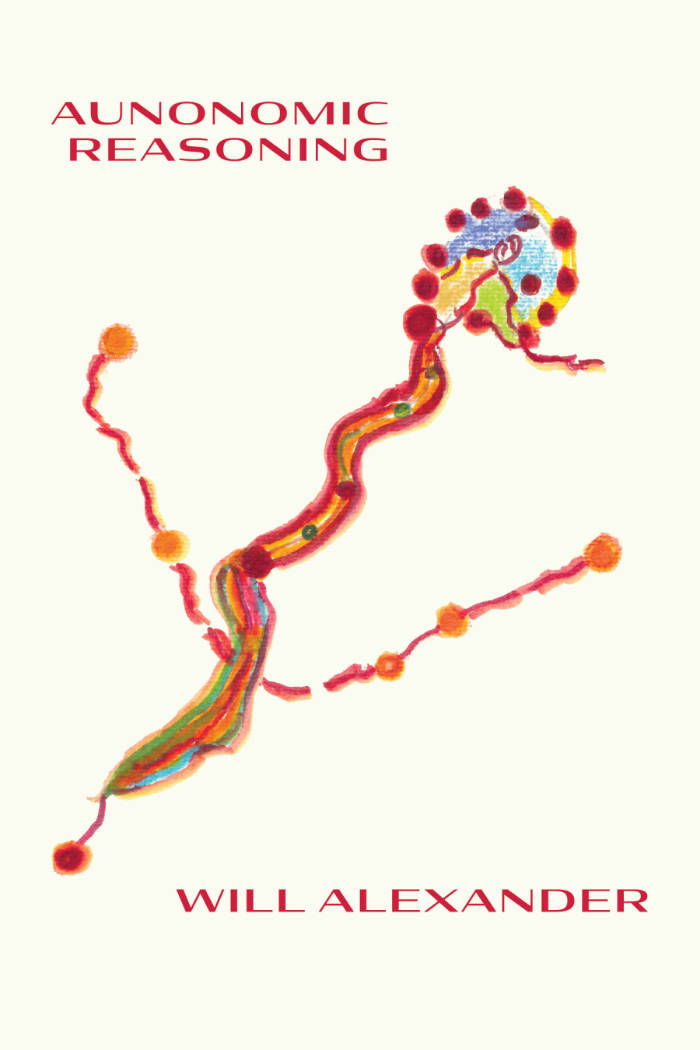Love & Lightning: A Collection of Queer and Feminist Manifestos is a thematically ordered, inconclusive collection of queer, feminist and queer-feminist manifestos. Girls Like Us Magazine and author Sarah van Binsbergen have composed a publication showcasing the different forms a manifesto might have, from classical, activist formats to more poetic, associative texts. The manifestos highlighted in this book cross borders, forms and disciplines, refuse binary logics, transcend our concepts of time and space and surpass the neoliberal logic.
Love & Lightning does not claim to be a complete anthology, but it rather aims to show the myriad of ways manifestos can be composed, and what their legacy until this day is. It presents manifestos from 1851 until now, divided into eleven chapters, introduced in their socio-historical and geographical contexts, with many from Asia, Africa, Latin-America. Not only does this publication give new insight in the style of the manifesto, it aims to emancipate the reader to propose their own revolution, whether big or small.
Manifestos include: Ain’t I a Woman by Soujourner Truth; Work Will Not Save Us: An Asian American Crip Manifesto; Rest is Resistance by Tricia Hersey; The Manukan Declaration of the Indigenous Women’s Biodiversity Network; W.I.T.C.H. Manifesto; Fag Hags Fight Back!!!; Manifesto for Maintenance Art by Mierle Laderman-Ukeles; Dyke Manifesto from the Lesbian Avengers; Killjoy Manifesto by Sara Ahmed; Xenofeminism: A Politics for Alienation by Laboria Cuboniks; The Empire Strikes Back: A Posttransexual Manifesto from Sandy Stone; Refugia! Manifesto for Becoming Autonomous Zones by subRosa; Countersexual Manifesto from Paul B. Preciado; and many, many more.




.jpg)



